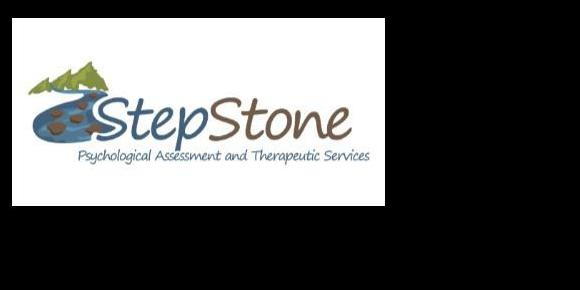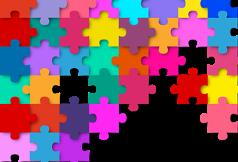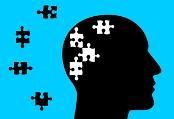
The Puzzle of Learning Difficulties - Part 1
By Cynthia Johnson, PhD, NCSP

Image from Pixabay
While the heat of the summer is on, and many families have enjoyed summer vacation, it is important to remember that the school year is fast approaching. Before you know it, your child or teen will be facing a new school year. Are they or you dreading the start of the year because learning is a struggle for them? Many parents came to realize last school year that their child is truly struggling with academics, or perhaps with attention or impulsivity, or maybe all of the above. If this is the case, it is important to get this figured out as soon as possible, before a child’s self-esteem is negatively affected.
If you’ve seen that your child is struggling, you may be asking, “What do I do now?”
For parents in the situation, the next step is to get more specific information about which targeted areas and processes are most affected and causing difficulty for your child. Finding out your child’s specific areas of strengths and weaknesses is imperative; knowing areas of weakness provides explicit information regarding specific support needed while knowing areas of strengths helps to tailor interventions accordingly. The best way to find your child’s areas of strength and weakness is through comprehensive evaluation with a qualified professional. Psychologists are trained to assess cognitive abilities, academic skills, phonological processing, language, memory/executive function and the social/behavioral/emotional development of your child or adolescent. They then provide necessary interventions to help your child succeed.
What is the overall evaluation process like?
Evaluations typically include a clinical interview where family, medical, social, and educational history is discussed. The interview culminates with diagnostic questions, where the psychologist and family know exactly what information is needed and the areas that need to be assessed. Following the interview, there are typically multiple assessment sessions where specific scientifically-based measures are administered. They include hands-on individual activities for the student, and rating scales to be completed by the child, parents and teacher. The psychologist then creates a comprehensive report detailing assessment results and recommended interventions. All this information is then explained with the parents and child (if age-appropriate) during an in-depth feedback session.
How does evaluation work?
Evaluation is like assembling pieces of a puzzle. The assessments measure many areas of student functioning (i.e. cognitive, academic, executive function, language, motor, social/behavioral/emotional). Each area is a piece of the puzzle. Once all necessary areas are assessed (according to the diagnostic questions determined in the interview), the psychologist “assembles the puzzle” and uses this information to identify how to help the student succeed.
Stay tuned for Part 2 of this article next week!

| |

